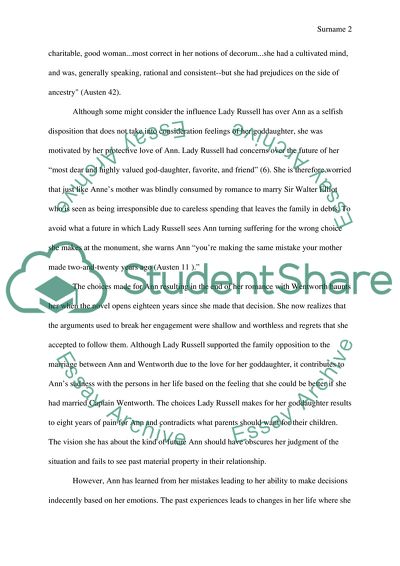Cite this document
(“Persuasion and Jane Austen Book Club Essay Example | Topics and Well Written Essays - 1500 words”, n.d.)
Retrieved from https://studentshare.org/english/1649659-persuasion-and-jane-austen-book-club
Retrieved from https://studentshare.org/english/1649659-persuasion-and-jane-austen-book-club
(Persuasion and Jane Austen Book Club Essay Example | Topics and Well Written Essays - 1500 Words)
https://studentshare.org/english/1649659-persuasion-and-jane-austen-book-club.
https://studentshare.org/english/1649659-persuasion-and-jane-austen-book-club.
“Persuasion and Jane Austen Book Club Essay Example | Topics and Well Written Essays - 1500 Words”, n.d. https://studentshare.org/english/1649659-persuasion-and-jane-austen-book-club.


